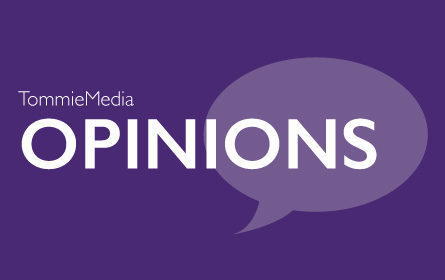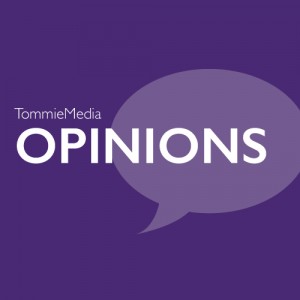Vladimir Putin is the new most interesting man in the world.
Seriously, the guy is fascinating. He channels his inner Indiana Jones to find ancient Greek urns; he rides horses shirtless, and he scores eight goals in a hockey game with Pavel Bure. He’s like a Bond villain – if that Bond villain happened to also be the ruler of a major world power.
Of course, all of these things are carefully crafted to cultivate Putin’s macho image. His spokesperson admitted the urns he found were planted; his bare-chested posing is borderline creepy, and Putin would probably get cut from a mediocre squirt hockey team.
But as easy as it is to point and laugh at how ridiculous Putin’s masculine image is, it’s hard to deny Putin’s effectiveness as a world leader who has revived Russia as a major world power, dictating the direction of global politics. The current state of affairs in Syria is a prime example of that.
Putin has made it no secret that he wants Russia to be the type of nation it was during the Soviet era, both politically and geographically, and Russia’s actions in Ukraine and around the world in recent years have shown that. Perhaps the primary obstacle standing in the way is the United States, playing the role of the world police.
This back-and-forth between Russia and the United States over the issue of Russian nationalism and the moves to restore the Soviet Union are what makes the conflict in Syria so intriguing, and Putin has backed the U.S. into a corner to assert Russia’s global power.
By moving forces into Syria, Russia is essentially calling the United States out on its self-declared role as defenders of freedom and liberty. The U.S. has declared that it opposes Syrian President Bashar al-Assad but has also pledged to not use ground troops in the region. The United States wants to be the global police but has paradoxically committed to keeping ground troops out of conflicts, especially after unpopular wars in the Middle East.
By moving Russian forces into Syria – a very bold move in supporting al-Assad and challenging the status quo in the region – Putin has called the United States’ bluff, and right now it seems like the U.S. has no response. Putin has forced the United States’ hand in showing that the U.S. can’t – or at least won’t – go against its stated policy of fighting protracted battles in the region, and this move asserts Russia’s supremacy in the region.
Whether you want to make fun of a guy for riding a horse shirtless or being a bender in front of former NHL greats, you have to give him credit for accomplishing what he set out to do. Russia’s move in Syria is the biggest step the country has taken in re-establishing itself as one of the world’s primary superpowers, and it’s also been most effective. As much as the U.S. wants to defend its interests around the world, Russia has directly challenged the U.S. with its move in Syria by saying it’s not afraid to move out of Europe to assert its authority as well.
Jacob Sevening can be reaches at seve8586@stthomas.edu



Never mind that under his leadership religious freedom is nonexistent, the gulogs still exist, and those who disagree with him still disappear or are imprisoned, and their economy is in the tank. Is that what we look up to for great leadership?